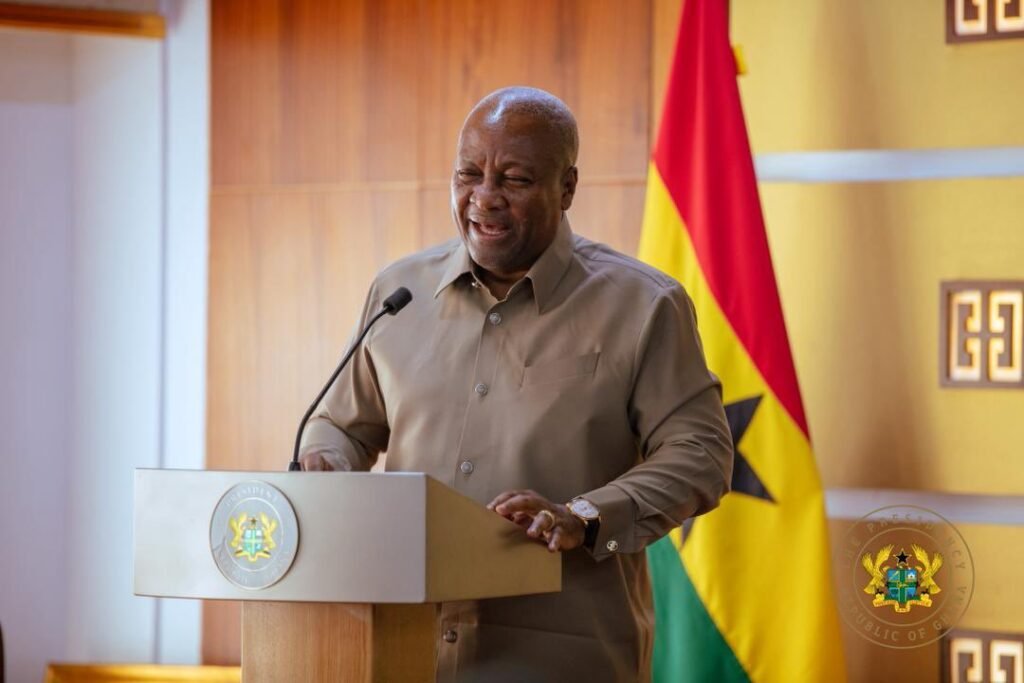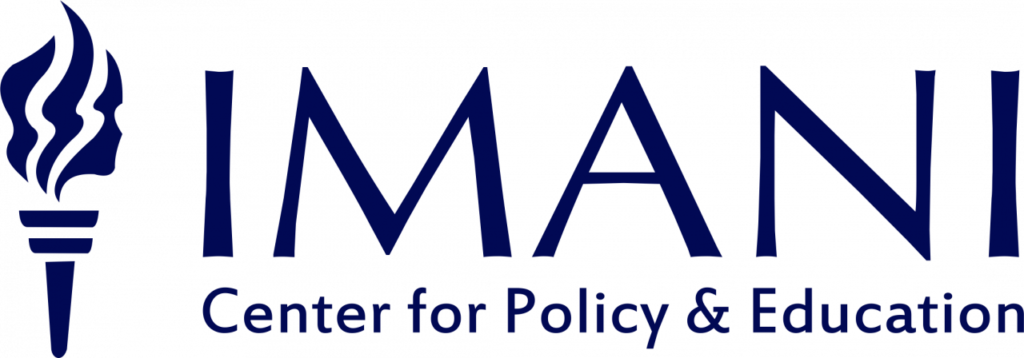Ghana’s Ministry of Health has taken a significant step in addressing the looming crisis of health worker unemployment through a managed migration policy that seeks to convert surplus labour into opportunity.
The initiative, outlined in a recent IMANI Africa brief, follows the government’s signing of a Memorandum of Understanding (MoU) with Grenada to facilitate the recruitment of Ghanaian nurses abroad while sustaining adequate local staffing.
According to IMANI, Health Minister Hon. Kwabena Mintah Akandoh projected that by 2028, Ghana could have as many as 180,000 unemployed trained health professionals if the current trajectory continues. The ministry’s data already show about 74,000 qualified but unposted health workers.
With thousands more graduating annually, the state faces an unsustainable fiscal challenge. The Minister stressed that clearing the existing backlog through public sector recruitment alone would require over GHS 6 billion annually – a figure far beyond Ghana’s present budgetary capacity.
“In four years, Ghana could have 180,000 unemployed health professionals,” the Minister warned, stressing that if no decisive measures are taken, this will not just be an employment crisis but a “national resource waste.”

“Ghana’s signing of a Memorandum of Understanding (MoU) with Grenada to facilitate the recruitment of Ghanaian nurses is a strategic international partnership, which forms part of the government’s “managed migration” initiative, aims to create pathways for trained nurses to work abroad while ensuring that local healthcare needs remain adequately staffed”
IMANI Africa
The strategy, according to the Ministry of Health, is built on two key pillars: gradual domestic absorption of new recruits and structured overseas placement through bilateral arrangements. By facilitating nurse migration to countries like Grenada, the government aims to relieve fiscal pressure while maintaining optimal health staffing levels nationwide.
Managed Migration
IMANI Africa described the partnership with Grenada as “a pragmatic response to Ghana’s structural employment crisis in the health sector.” It emphasized that while nurse exportation offers short-term employment relief, it raises long-term questions about sustainability and equity within Ghana’s health delivery system.
“The idea is straightforward: export some of the surplus workforce through bilateral agreements while maintaining the optimal nurse-to-patient ratio at home”
IMANI Africa

President John Dramani Mahama, at the announcement of the agreement, highlighted the global reputation of Ghanaian health professionals. He described the collaboration as “a valuable opportunity for structured cooperation between our two countries,” emphasizing that Ghana’s nurses have earned international respect for their professionalism and compassion.
Despite these gains, IMANI cautioned that the model’s success depends on policy discipline and data-driven implementation.
According to the think tank, poor coordination could result in what it called “a two-tier system,” in which highly trained nurses depart for foreign contracts, leaving domestic facilities – particularly in rural areas – understaffed.
“While international recruitment offers short-term relief, it could deepen domestic service gaps, especially in underserved regions,” the IMANI warned, insisting that the balance between exporting skills and safeguarding local service delivery remains delicate.
IMANI advised that Ghana must strengthen its domestic systems to prevent “hollowing” out its workforce. It urged the creation of a comprehensive health labour market database to track training, employment, and attrition trends.
The think tank also recommended the development of reintegration pathways for returning nurses and incentives to retain staff in underserved areas.
The policy group positioned Ghana’s nurse export model as both an innovation in economic diplomacy and a governance test. Exporting skills, it argued, could only be a national win if the gains are reinvested into the local health system through improved infrastructure, fair compensation, and transparent labour practices.

“Exporting skills can only be a victory if it complements domestic reform, not replaces it,” IMANI added.
As Ghana ventures deeper into this health workforce partnership, the challenge will be sustaining balance – ensuring that the export of human capital generates development returns at home, not deficits.
The MoU with Grenada thus stands as both a symbol of opportunity and a measure of whether policy execution can match ambition.
READ ALSO: Gaza’s Fragile Truce Echoes Past Failures























